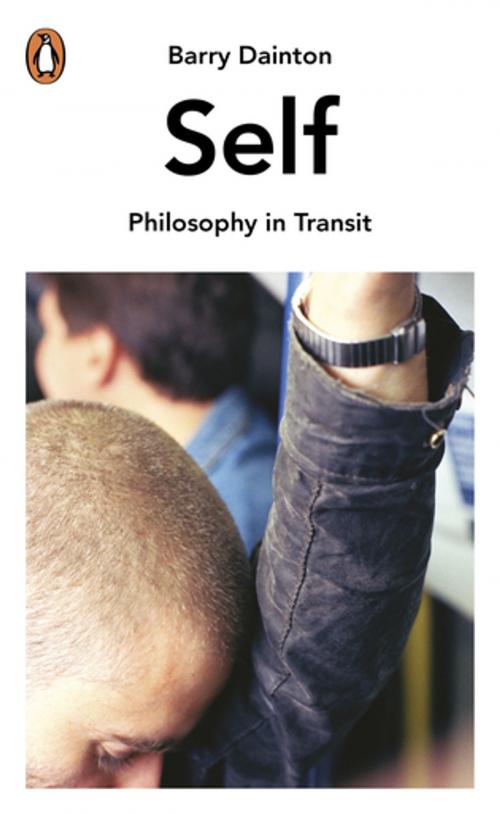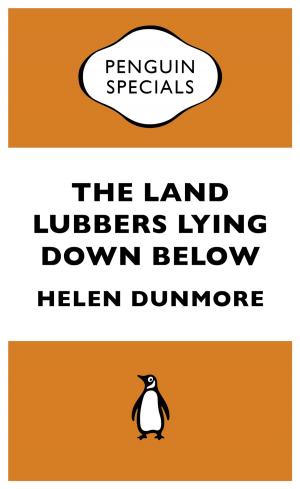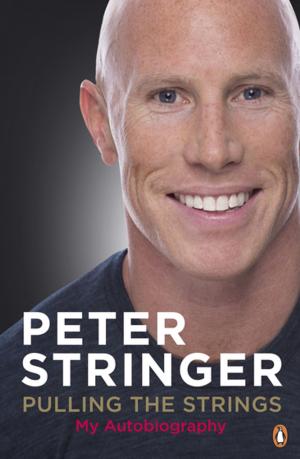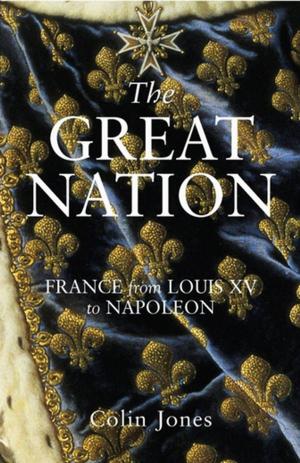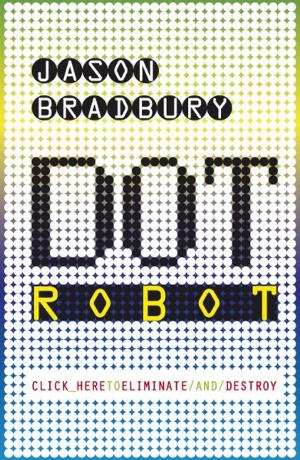Self
Philosophy In Transit
Nonfiction, Religion & Spirituality, Philosophy, History, Criticism, & Surveys, Health & Well Being, Psychology| Author: | Barry Dainton | ISBN: | 9780718192419 |
| Publisher: | Penguin Books Ltd | Publication: | April 24, 2014 |
| Imprint: | Penguin | Language: | English |
| Author: | Barry Dainton |
| ISBN: | 9780718192419 |
| Publisher: | Penguin Books Ltd |
| Publication: | April 24, 2014 |
| Imprint: | Penguin |
| Language: | English |
In the third in a new series of short, provoking books of original philosophy, acclaimed thinker Barry Dainton takes us through the nature of Self
When you think 'What am I?', what's actually doing the thinking? Is it a soul, or some other kind of mental entity separate from your body, or are 'you' just a collection of nerve-endings and narratives? In the third in a new series of short, provoking books of original philosophy, acclaimed thinker Barry Dainton takes us through the nature of Self and its relation to the rest of reality. Starting his journey with Descartes' claim that we are non-physical beings (even if it seems otherwise), and Locke's view that a person is self-conscious matter (though not necessarily in human form), Dainton explores how today's rapid movement of people, and information affects our understanding of self. When technology re-configures our minds, will it remake us, or kill us? If teleportation becomes possible, would it be rational to use it? Could we achieve immortality by uploading ourselves into virtual worlds? Far-reaching and witty, Self is a spirited exploration of the idea that in a constantly-changing world, we and our bodies can go their separate ways.
In the third in a new series of short, provoking books of original philosophy, acclaimed thinker Barry Dainton takes us through the nature of Self
When you think 'What am I?', what's actually doing the thinking? Is it a soul, or some other kind of mental entity separate from your body, or are 'you' just a collection of nerve-endings and narratives? In the third in a new series of short, provoking books of original philosophy, acclaimed thinker Barry Dainton takes us through the nature of Self and its relation to the rest of reality. Starting his journey with Descartes' claim that we are non-physical beings (even if it seems otherwise), and Locke's view that a person is self-conscious matter (though not necessarily in human form), Dainton explores how today's rapid movement of people, and information affects our understanding of self. When technology re-configures our minds, will it remake us, or kill us? If teleportation becomes possible, would it be rational to use it? Could we achieve immortality by uploading ourselves into virtual worlds? Far-reaching and witty, Self is a spirited exploration of the idea that in a constantly-changing world, we and our bodies can go their separate ways.
